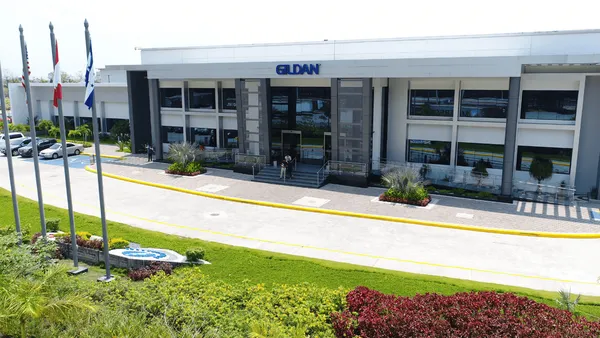UPDATE: June 11, 2019: Barnes & Noble may have a second possible suitor. Readerlink, a book distributor with reach across retail outlets, is working on a bid that would surpass that of hedge fund Elliott Management, The Wall Street Journal reported Wednesday. Readerlink did not immediately respond to a request for comment.
As the Journal noted, if Barnes & Noble makes a deal with Readerlink by June 13, its fee to Elliott would be significantly lower, at $4 million versus $17.5 million after the deadline, according the merger agreement between Elliott and the bookseller.
Dive Brief:
- The owner of U.K. bookseller Waterstones has agreed to buy Barnes & Noble for roughly $683 million, the companies said Friday.
- Once the deal is finalized, Waterstones CEO James Daunt will take over the CEO role of Barnes & Noble, according to a press release. Both book retailers will be owned by a subsidiary of $34 billion hedge fund Elliott Management, though the retailers will operate independently. Elliott took over Waterstones about a year ago.
- The parties expect the deal — subject to shareholder and regulatory approval — to close in the third quarter. Elliott has $825 million in debt financing lined up from banks to fund the acquisition, according to a regulatory filing.
Dive Insight:
The deal with Elliott could mark the closing of a turbulent chapter in Barnes & Noble's story, one that included a failed merger, a legal battle with a former executive and agitation by activist investors. And prior to that there were years of management turnover, strategic misfires and lost sales as the last box book seller tried to hold off Amazon.
Chairman Leonard Riggio told employees in a letter that his company had "many interested parties" as potential buyers, including others in the bookselling industry, since Barnes & Noble started looking for a new owner in October.
Riggio also offered a promising sentiment to his employees about their boss-in-waiting as they prepare for a leadership transition. "As it happens, I know James Daunt fairly well, and I am delighted to have him as our new leader," Riggio said. "Like me, James believes our culture has to be more store-centric, which means more localization of assortments and operations. It follows that he believes local managers must have more authority to get the job done."
The companies said in the press release that each will operate independently but share best practices with each other, along with sharing a CEO. In another press release, Barnes & Noble said that Waterstones, the U.K.'s largest book retailer, "has successfully restored itself to sales growth and sustainable profitability, based on a strategy of investment in their store estate and the empowerment of local bookselling teams."
If the new merger brings stability and focus to Barnes & Noble, it could mark a turning point for the company, which has struggled to find its way after a string of CEOs have come and gone, bringing with them new initiatives — like the Nook and restaurants — that have failed to turn around the bookseller's fortunes.
Very likely Barnes & Noble, with its nearly 630 stores and Amazon always in the background, will need to shrink some more and keep tinkering with its merchandising, stores and engagement.
"[T]he basic business model of being a book retailer has been seriously undermined," Mike Shatzkin, longtime book industry consultant and CEO of The Idea Logical Company, told Retail Dive last year. "I'm sure it's frustrating for the CEO and I'm sure it's frustrating for Len Riggio, who I'm sure would like to retire … but he doesn't want to leave a failure, he wants to leave a success."













